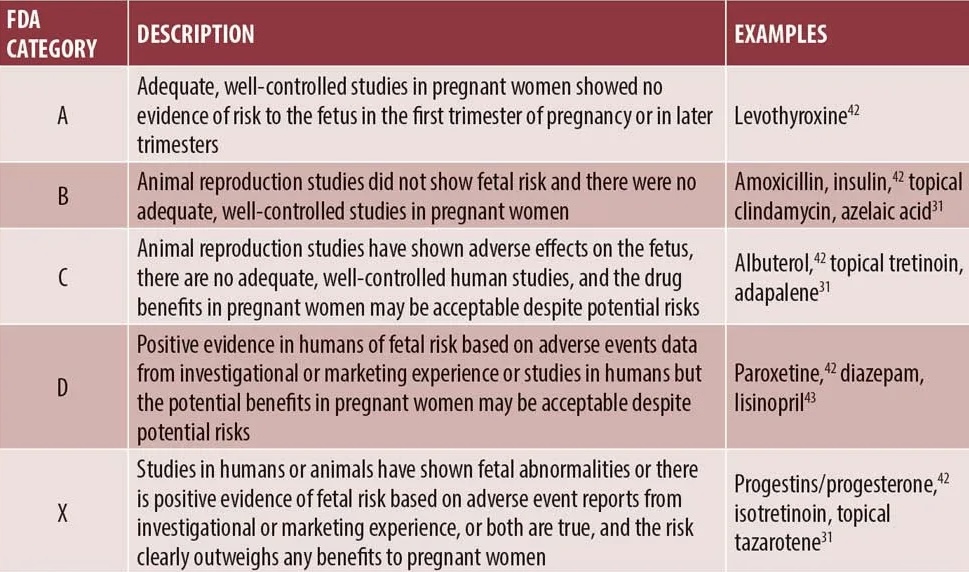It was not until 50 years after the Thalidomide Tragedy that Grunenthal issued their first apology. On August 31 2012, Grunenthal officially took responsibility.
"On behalf of Gruenenthal with its shareholders and all employees, I would like to take the opportunity at this moment of remembrance today to express our sincere regrets about the consequences of Thalidomide and our deep sympathy for all those affected, their mothers and their families. We see both the physical hardship and the emotional stress that the affected, their families and particularly their mothers, had to suffer because of Thalidomide and still have to endure day by day." -Gruenenthal CEO Harald F. Stock, 2012
Grunenthal Apologizes
Channel 4 News, September 1, 2012
Toxicology
It’s fair to say that no other medicine has had more of an effect on the regulatory requirements for safety-testing potential drugs before they go anywhere near a human being. ~ Wendy Jarret, 2021
Thalidomide created the legacy of toxicology, a branch of science that combines biology, pharmacology, chemistry and medicine. This branch is crucial to the development of new medications, it studies the impacts that harmful chemicals can have on the human body and the environment.
Thalidomide Today
The Shadow of the Thalidomide Tragedy, New York Times
Despite the detrimental effects of Thalidomide, scientists continued to study the drug. In July of 1998, thalidomide was officially approved in the United States by the FDA. Scientists found that thalidomide was effective in treating certain illnesses. Today, thalidomide is used to treat inflammation associated with leprosy and it is used along with other medications to treat multiple myeloma, malignant tumors in bone marrow.
"A generation which ignores history has no past and no future."
~ Robert Heinlein
Nearly 60 years later, scientists have come to a conclusion on why exactly thalidomide causes deformities in children.
"Building on years of previous research, the researchers found that thalidomide acts by promoting the degradation of an unexpectedly wide range of transcription factors – cell proteins that help switch genes on or off – including one called SALL4. The result is the complete removal of SALL4 from cells."
~ Dana-farber Cancer Institute
"The degradation of SALL4 interferes with limb development and other aspects of fetal growth. The result is the spectrum of complications indelibly linked to thalidomide: the deformed limbs and defective organs in children whose mothers took thalidomide during pregnancy as a treatment for morning sickness."
~ Dana-Farber Cancer Institute

The original FDA pregnancy labeling for prescription drugs, Journal of Clinical and Aesthetic Dermatology
Paving the Way
The Thalidomide Tragedy showed the need for pregnancy-specific drug regulations. In 1979, the FDA established pregnancy categories. These required medications to be assigned to one of five categories, ( A B C D or X). The categories ranked each medication based on how harmful they were to pregnant women. These categories have been adopted and strengthened for all medications, promoting and improving saftey standards for all pregnant women and unborn children.
"Thalidomide changed our relationship with new medicines forever.” -UK Science Museum, 2019